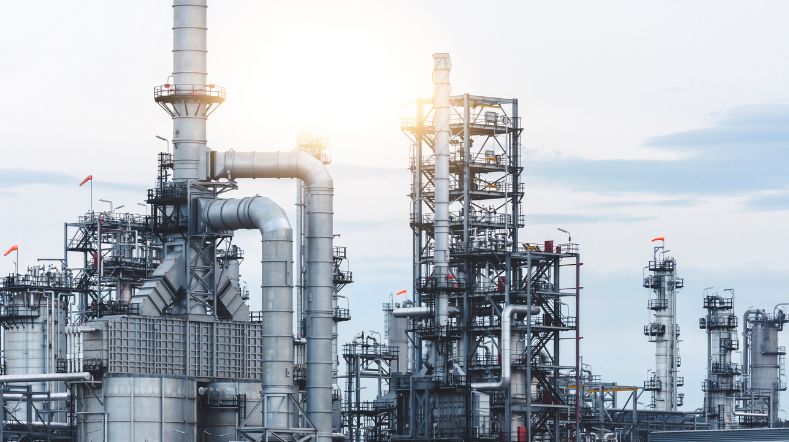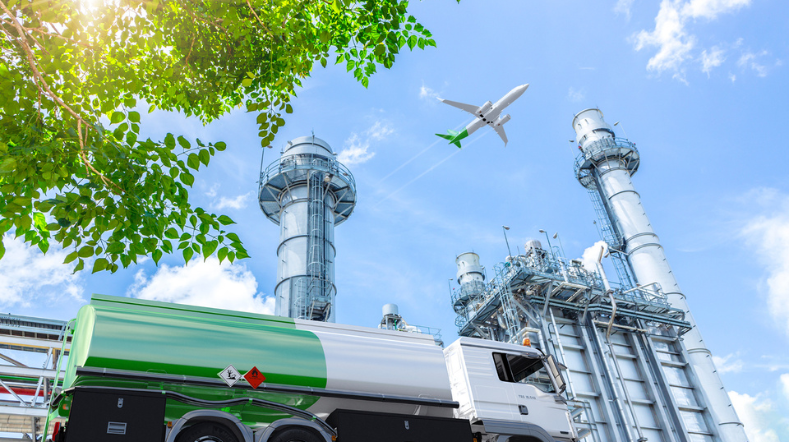Biofuels lab: Making transport more sustainable
The transport sector is a major consumer of fossil energy. The current share of renewable energy is only around 10%. European regulations require fuel suppliers to increase this share to 14% by 2030, of which 3.5% are renewable fuels. In TNO's biofuels lab, experts are primarily working on process technologies to provide affordable biofuels for heavy-duty road transport shipping and, in the long run, the focus will be extended to aviation.
Biomass waste streams such as waste wood and agricultural residues can be turned into valuable chemicals and fuels. Also, aquatic biomass such as seaweed, which does not require space on land and does not compete with the food chain is a valuable source.
At TNO, the focus is to develop and optimize process technologies to make it attractive to the market to for the production and use of biofuels. We are also investigating how local and regional businesses can respond to this approach with attractive business cases. This include the development of innovative products or the optimization and sustainability of production processes.
Efficient and cost-effective
Converting residues into valuable biofuels can be done in a variety of ways. For each technique, we investigate what the most efficient and cost-effective way is. Each type of bio feedstock presents its complexity in terms of composition. and therefore the steps required within the processing value change must be considered carefully for biofuel production.
At TNO, we believe there is a relationship between the size of feedstock facilities and the process units, and therefore alternatives for decentralized logistics to support the economy of scale are also studied.
For and together with companies
TNO's biofuels lab consists of state-of-the-art facilities where dozens of experts work on affordable biofuels for or in conjunction with companies. Government, research institutions, industrial partners have an interest in adding 'green value' to their production value chains.
Through various technologies, they will soon be able to use sustainable fuels such as methane, methanol, DME, and higher-alcohols, a more energy efficient and clean alternative to fossil fuels.
Accelerate time to market
In the Fuels lab, the goal is to convert bio feedstocks into fuels as efficiently and affordably as possible. In some cases, there are still technology challenges concerning the economic feasibility. The market, both potential biofuel producers and future users are now taking a wait-and-see approach. To accelerate the development of the desired biofuels into market-ready products, TNO combines various expertise in the fields of energy, chemistry, transport, and economics.
Every conceivable conversion possible
In TNO's biofuels lab, gasification of various types of biomass and plastic waste is one of the main conversion technologies. This thermochemical process operated at relatively low temperatures and in absence of oxygen allows the production of synthesis gas that can be processed downstream into valuable upgraded gas and liquid fuels. Being this one of our key features in the biofuels lab.
Get inspired
E-fuels and biofuels: key to a climate-neutral industry and transport

TNO’s next generation biorefinery accelerates material transition


Local, circular, and biobased: towards the textile industry of the future with HEREWEAR


Renewable fuels


TNO develops method to produce biocarbon



